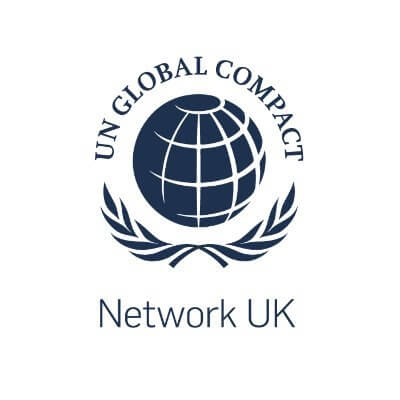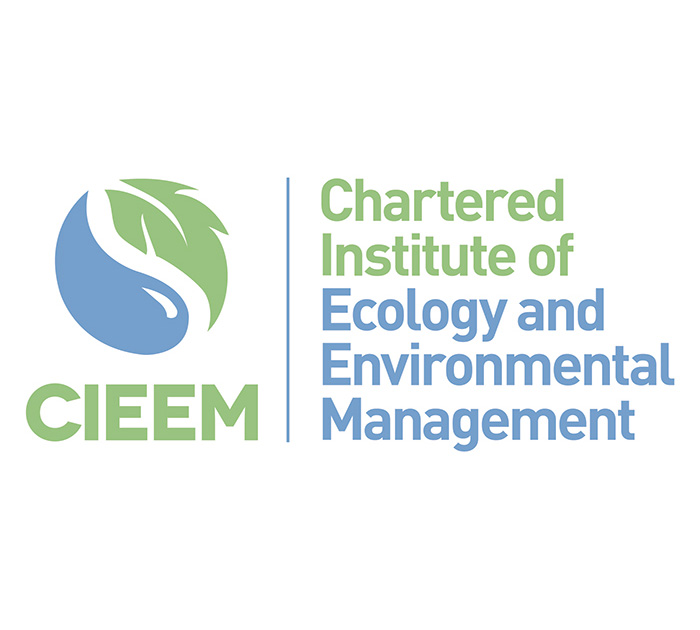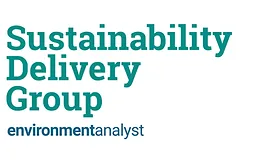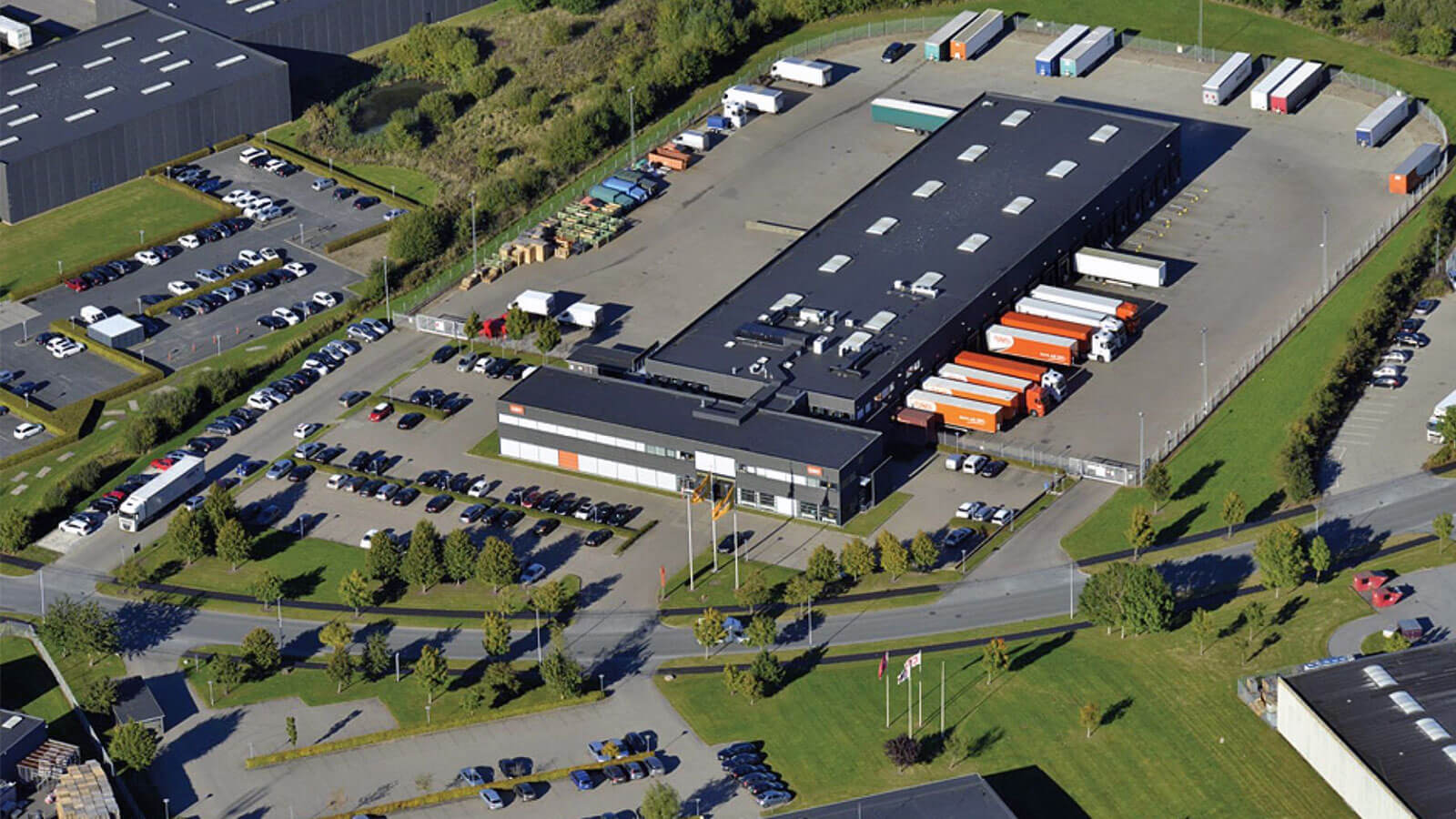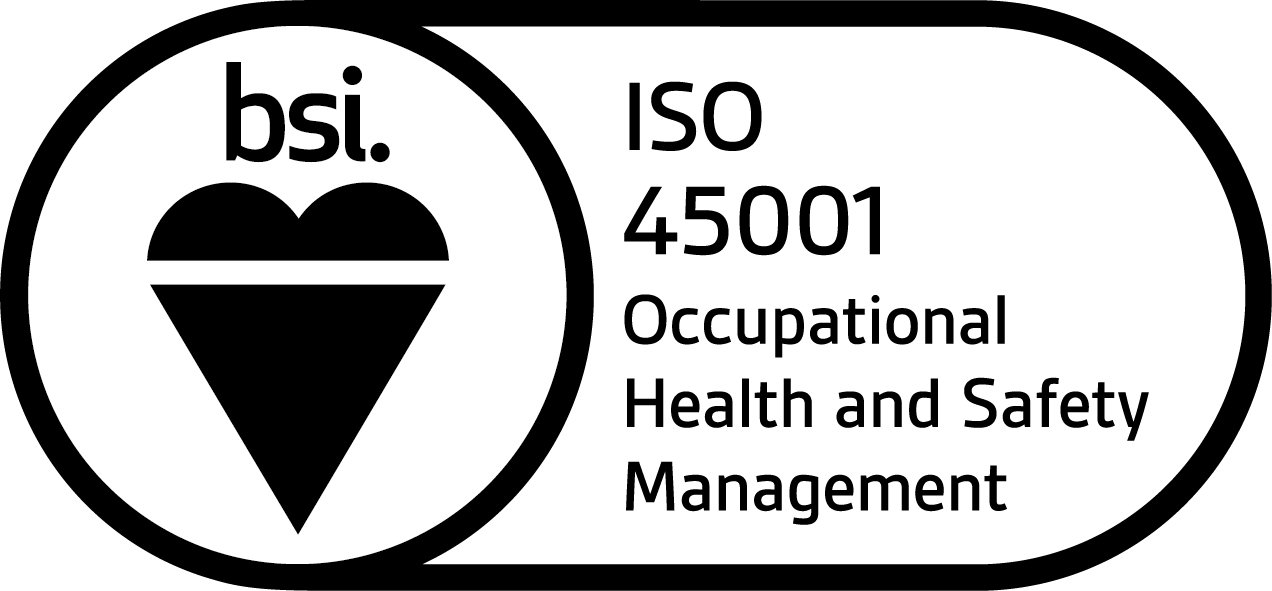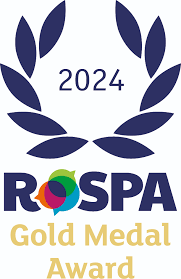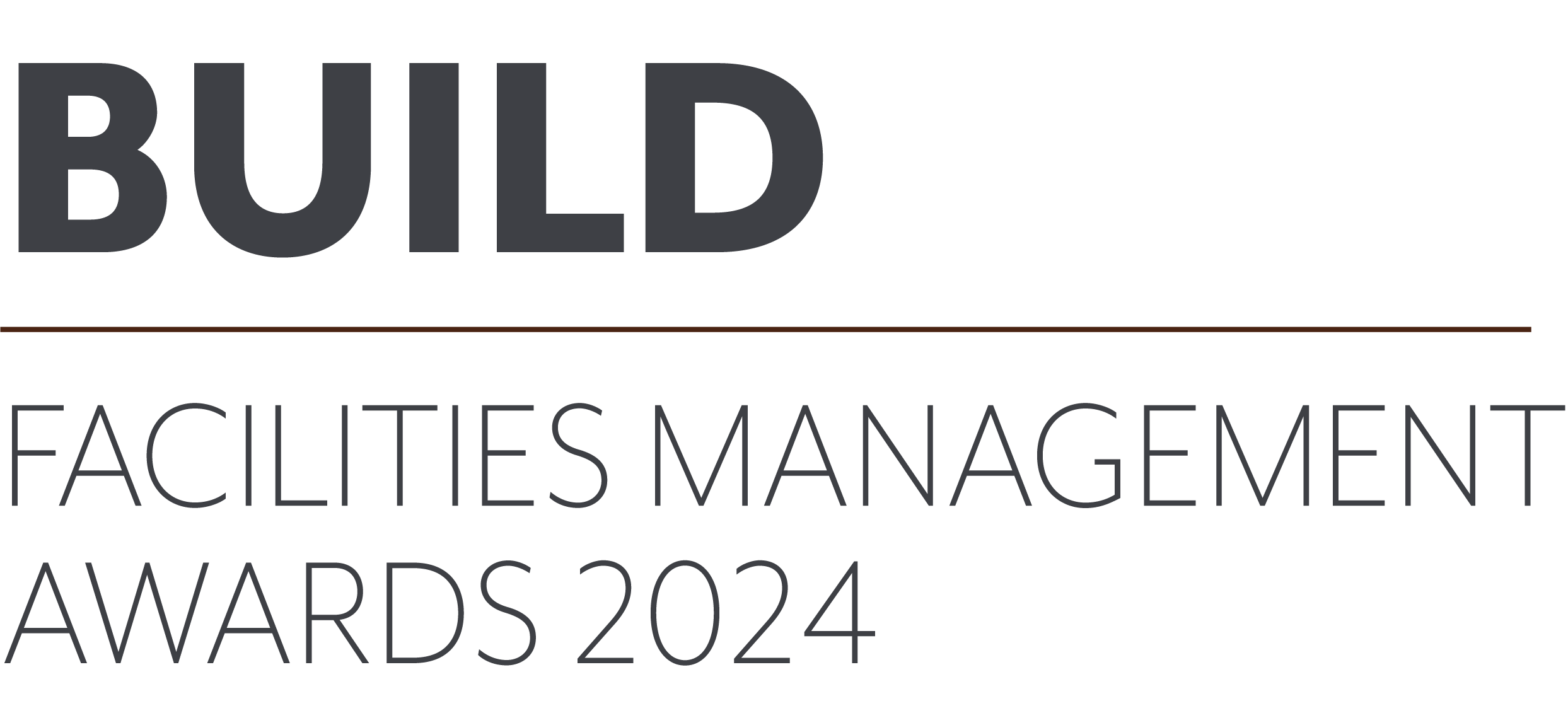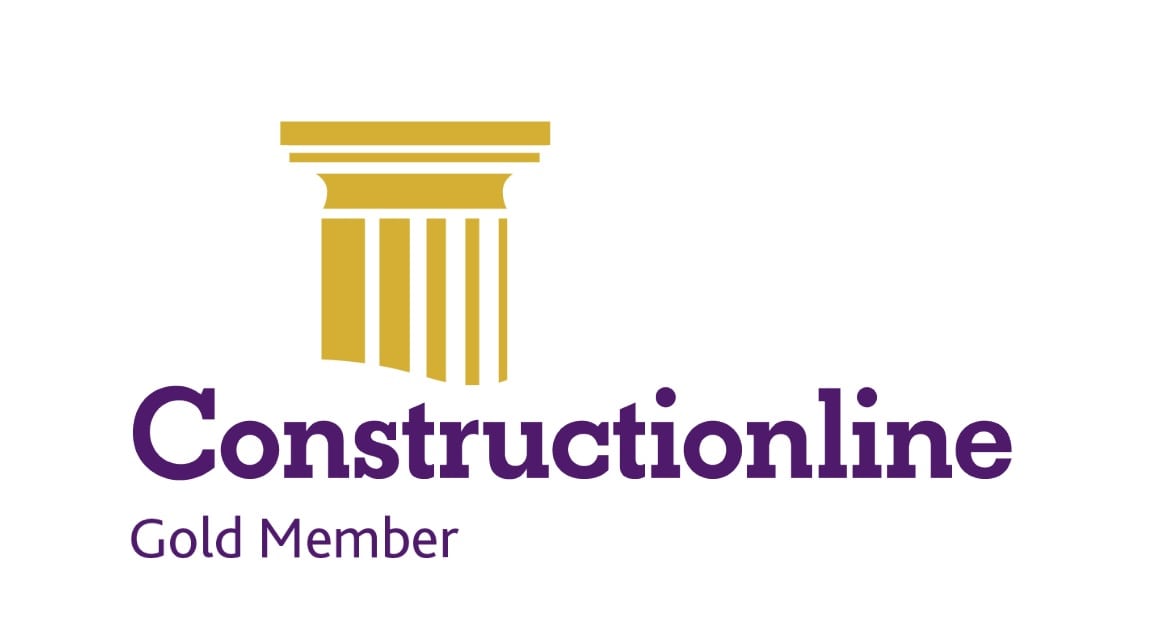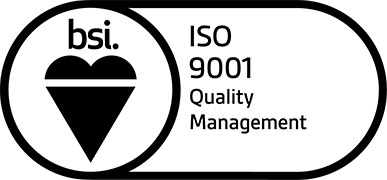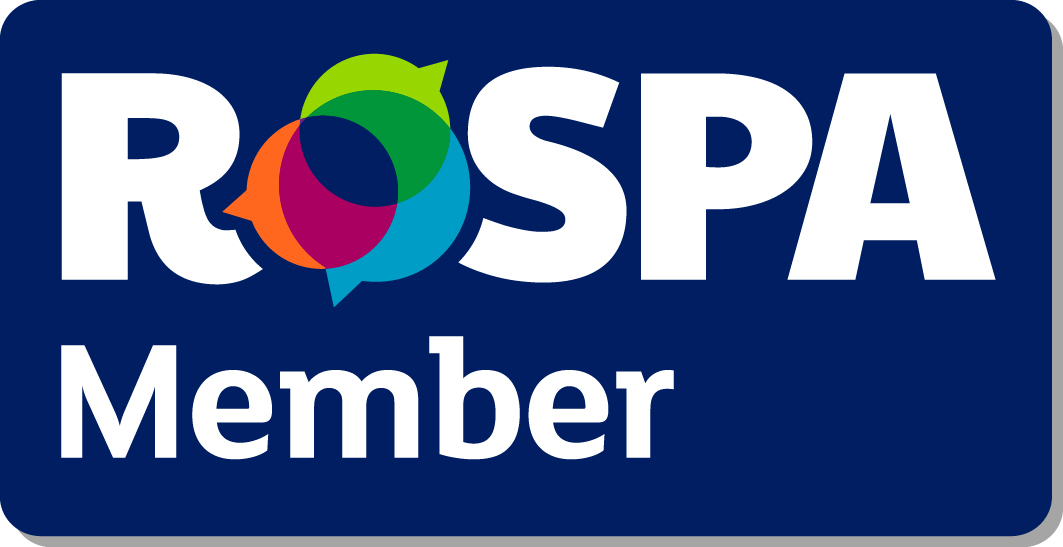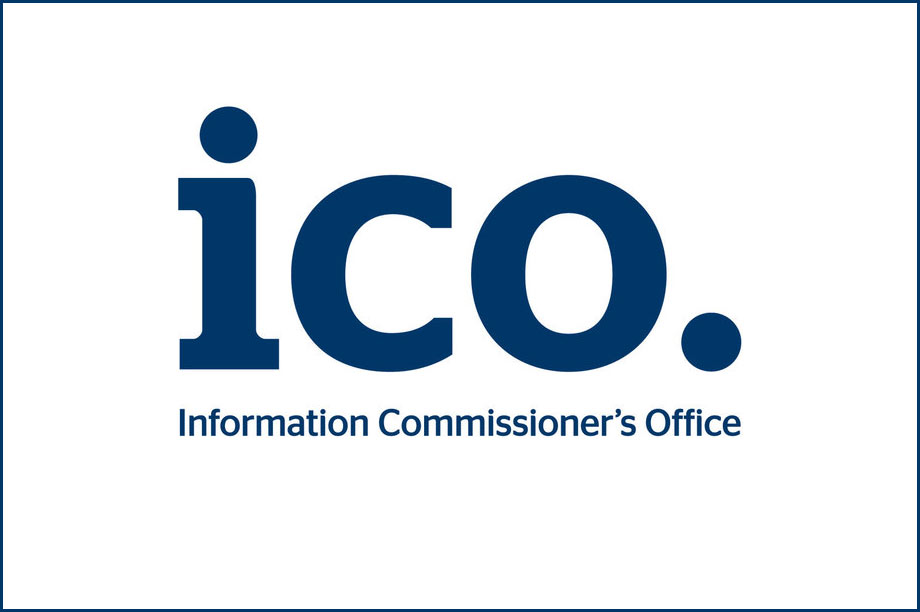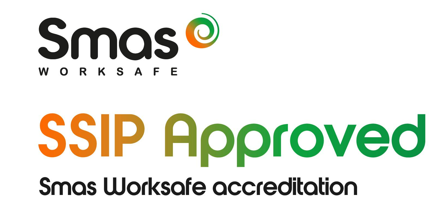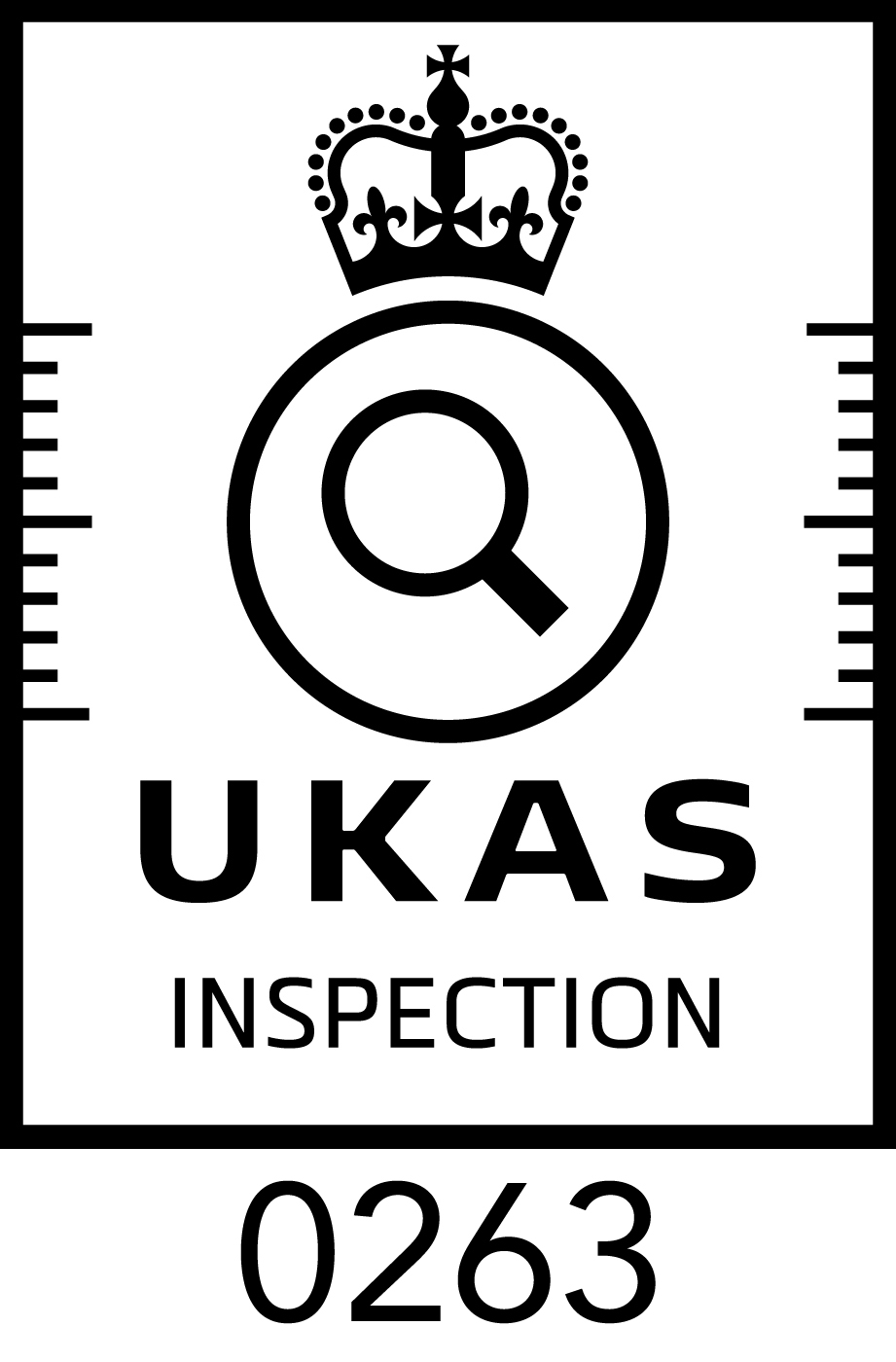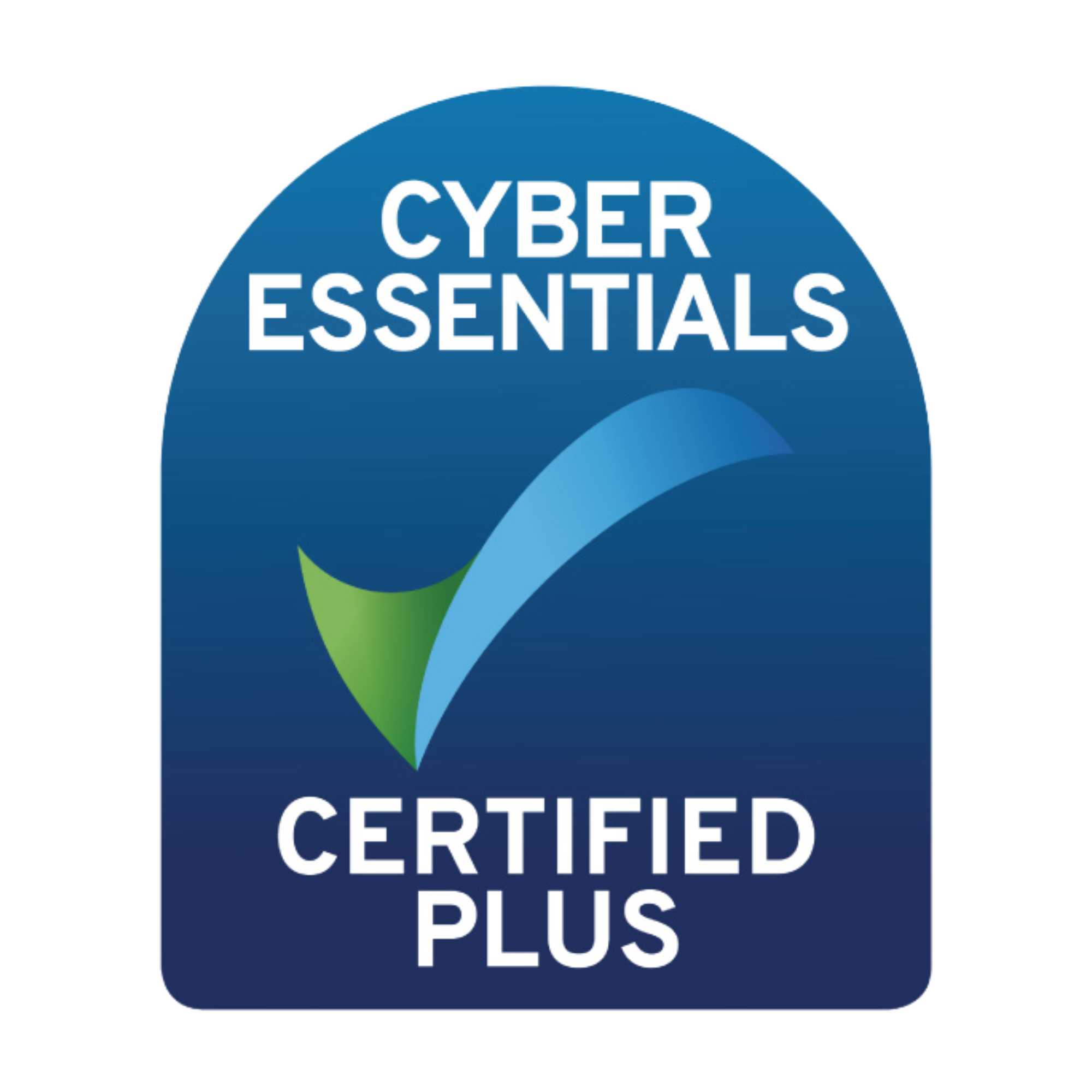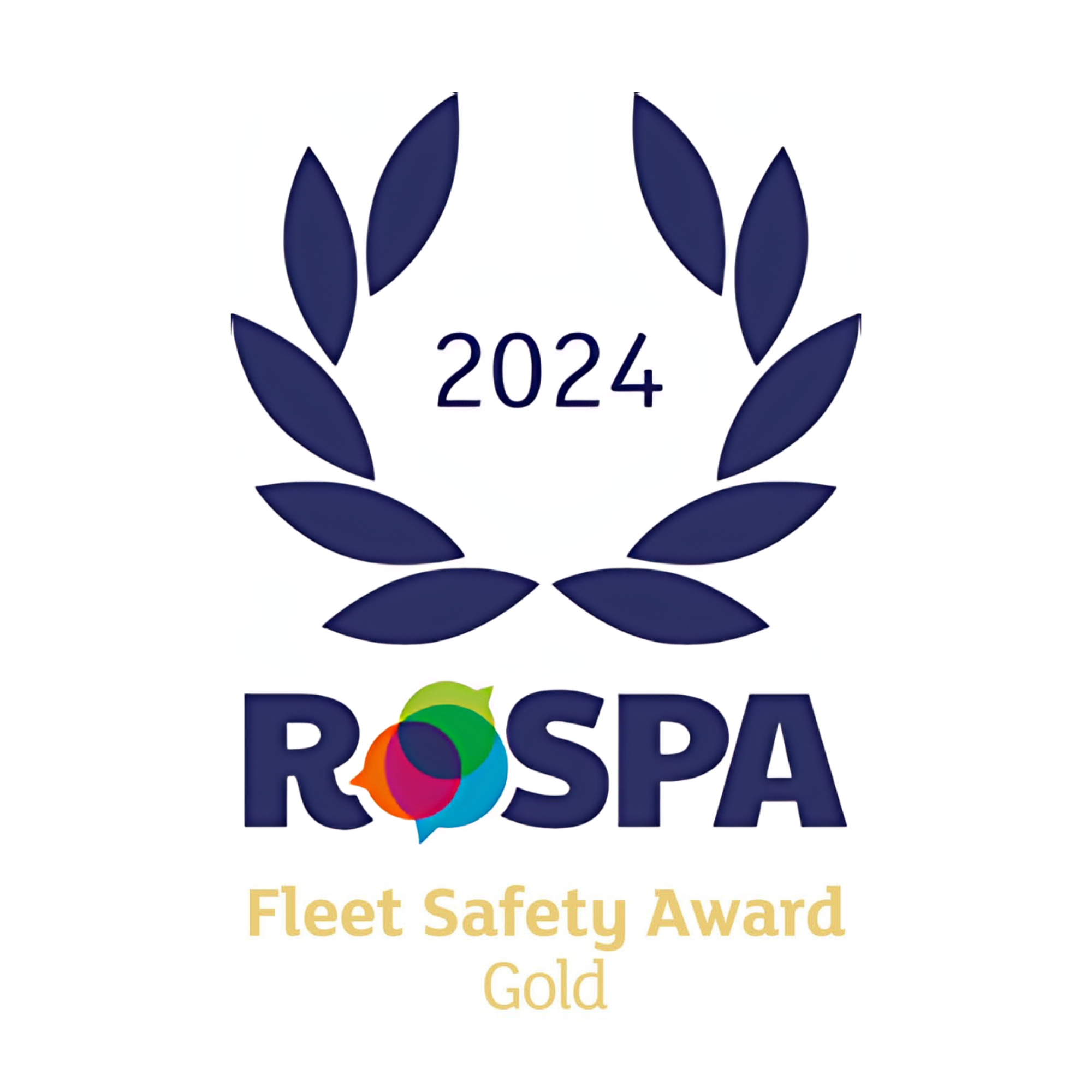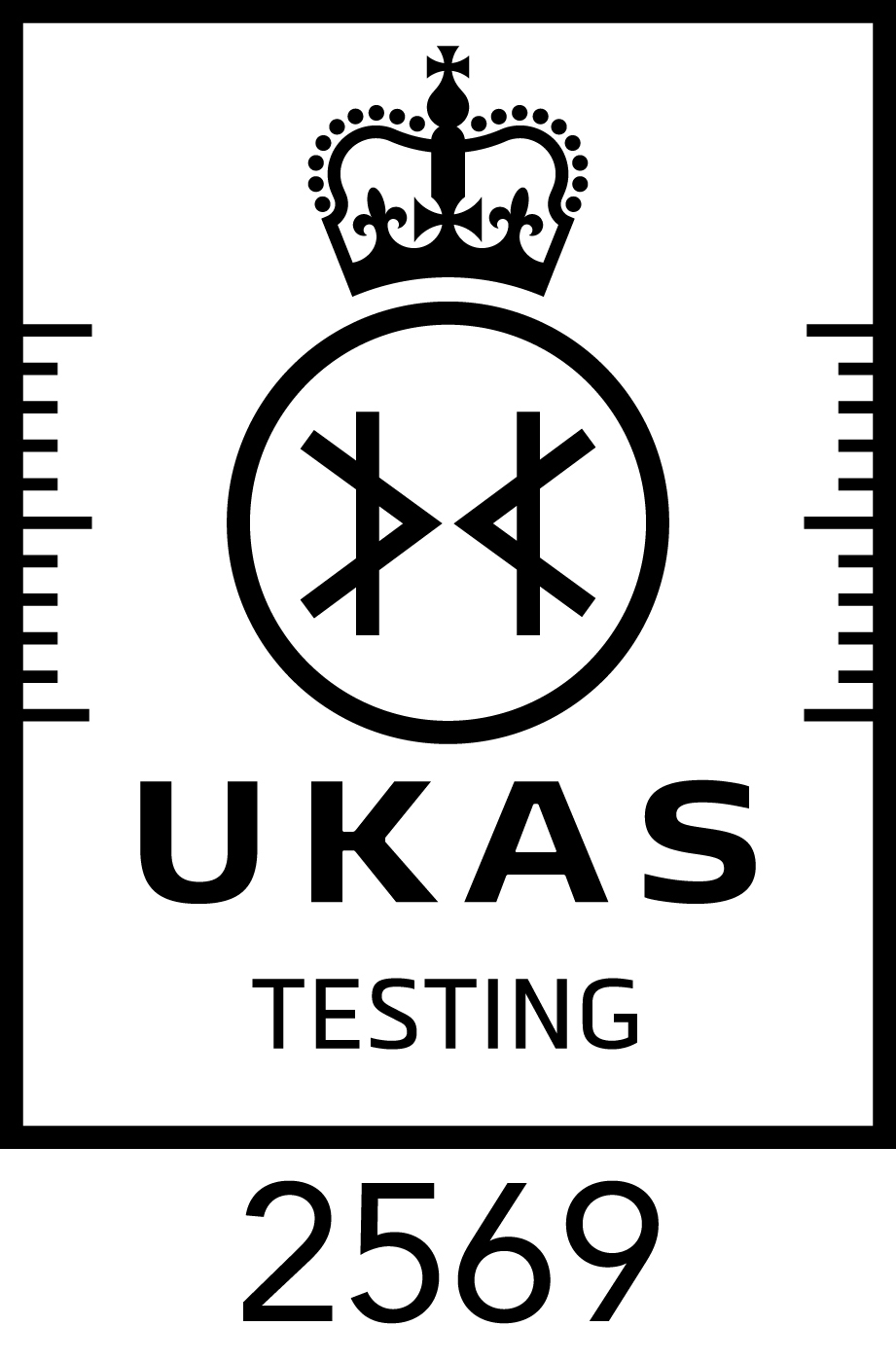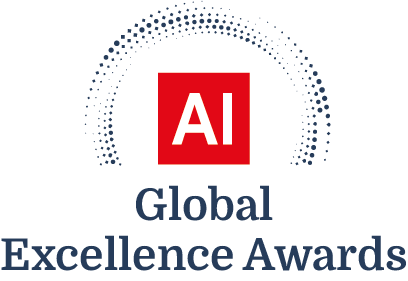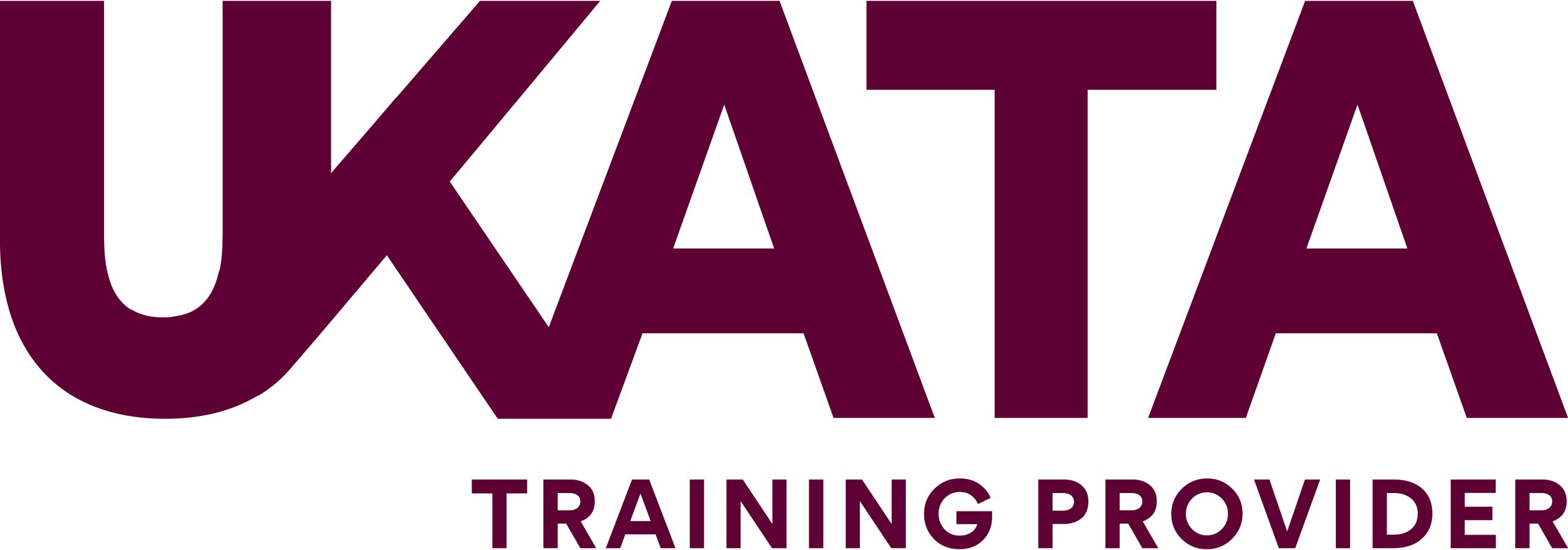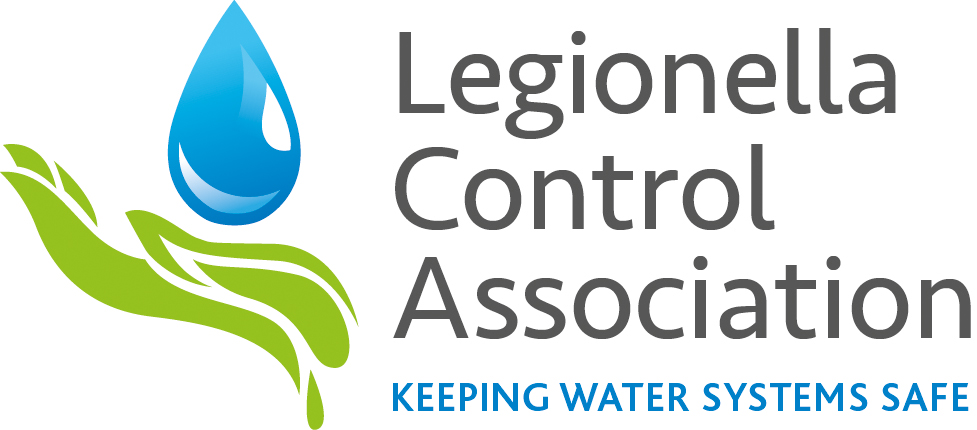In today’s rapidly evolving business landscape, how do you cut through the noise and focus on the Environmental, Social, and Governance (ESG) issues that truly matter to your organisation? Our ESG Materiality Determination service provides the clarity and direction you need to make informed, strategic decisions about your sustainability efforts.
At Lucion, we understand that every organisation’s ESG journey is unique. That’s why we’ve developed a comprehensive, yet flexible approach to materiality determination that adapts to your specific context and goals. Our service isn’t about applying a one-size-fits-all template—it’s about uncovering the ESG priorities that will drive real value for your business and stakeholders.
We begin by leveraging our extensive library of ESG themes, distilled from global standards and industry best practices. This robust foundation ensures your materiality assessment is both comprehensive and globally relevant. But we don’t stop there. Through a series of engaging, interactive workshops, we work closely with your team to refine these themes, creating a bespoke ESG index that truly reflects your organisation’s unique challenges and opportunities.
Our expert-led workshops bring together key stakeholders from across your organisation, fostering cross-functional collaboration and ensuring diverse perspectives are considered. We guide participants through structured exercises designed to surface the ESG issues most critical to your business success and stakeholder expectations.
But materiality determination isn’t just about identifying issues—it’s about understanding their strategic implications. Our team of seasoned ESG consultants helps you analyse the potential impacts of material issues on your business operations, reputation, and long-term value creation. We assist you in prioritising these issues, creating a clear roadmap for action.
The outcome? A focused, actionable ESG strategy that aligns with your business objectives and resonates with your stakeholders. You’ll gain:
- A clear understanding of your most material ESG issues
- Insights into stakeholder expectations and concerns
- A prioritised list of ESG focus areas to inform strategy and reporting
- A solid foundation for ESG goal-setting and performance measurement
- Enhanced stakeholder trust through transparent, strategic ESG management
Our ESG Materiality Determination service doesn’t end with the delivery of a report. We provide ongoing support to help you integrate these insights into your business strategy, sustainability reporting, and stakeholder communications. As your trusted partner, we’re committed to helping you navigate the dynamic ESG landscape and drive meaningful, lasting change.


